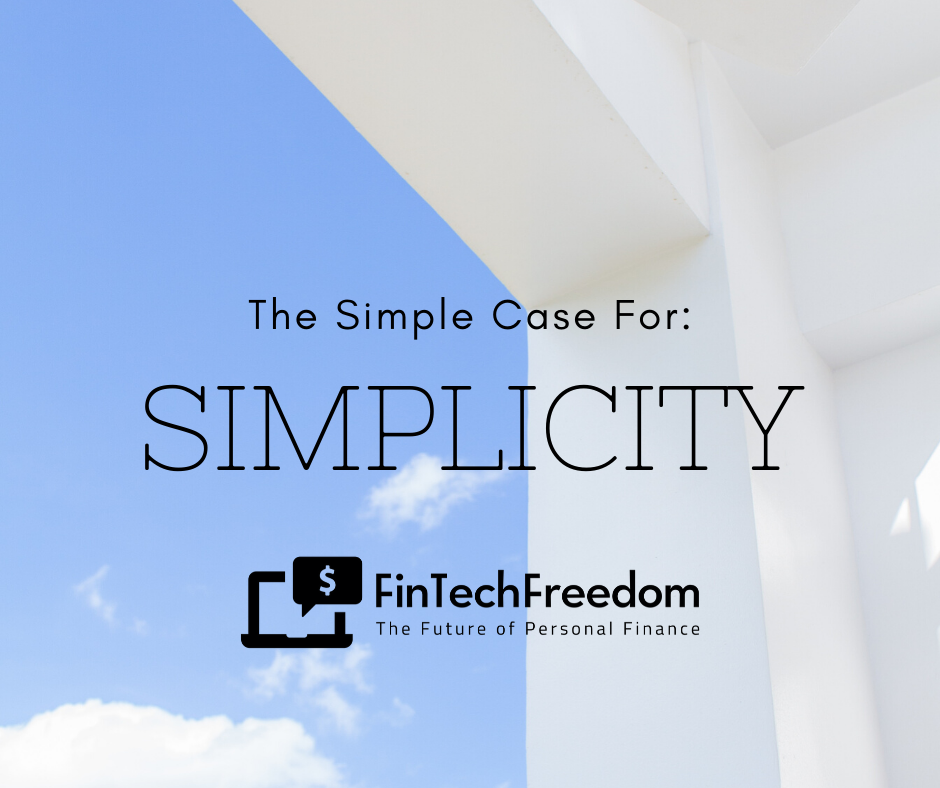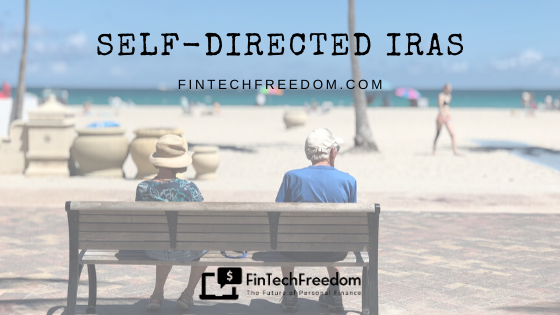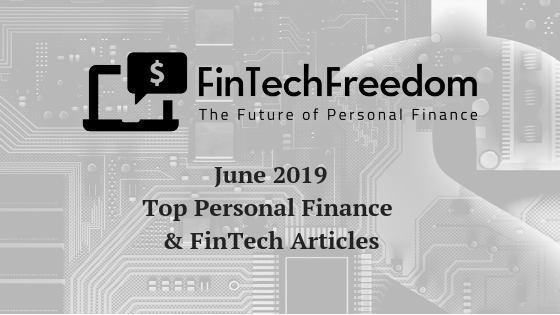This article discusses passive income investing options. FinTech Freedom is not responsible for investing loses or risks. Please see our disclosure statement.
Just the term “Passive Income” brings with it feelings of joy and excitement! Passive income generally involves either an investment in time or money. This post will highlight ways to generate passive income using money not time. Passive income where time is involved generally includes a side hustle often classified within the various opportunities found within the gig economy.
One of my favorite stories on investing money comes from Tim Ferris. Tim tells the story of how he created his own real-world MBA. In short, instead of going to Stanford business school to get his MBA he took what he would have spent on the MBA ($120,000) and invested it as an angel investor in $10-$50,000 increments.
Two important things to keep in mind. The first is to make sure that you only invest and put money into what you understand. Secondly, it often helps to invest in what interests you.
Among the various passive income ideas, these are the most popular and appear most frequently.
Stocks, Dividends, Bonds & Fixed Income
Build a Monthly Passive Dividend Paycheck with Dividend Stocks – WalletHacks
Owning equities such as stocks and bonds is one of the easiest and most efficient ways to generate passive income. This strategy requires the discipline to save and invest. We recommend using an index fund in the form of either a mutual fund or exchange-traded fund (ETF). Using an index fund allows you to get diversification at a very low cost as well as the simplicity of a couple of funds instead of a number of stocks. An S&P 500 index fund, as well as a broad-based bond fund composed of government, corporate and municipal bonds in addition to an Index real estate investment trust (REIT), represent three great areas to start which brings broad diversification.
Peer to Peer Lending
How I Earn Over 10% Passive Income With P2P Lending – Financial Samurai
Prior to the exponential growth of the internet, it was impossible for anyone looking for a loan to receive a loan unless they had access to or a relationship with a bank. Thankfully, this is no longer the case! Today, online peer to peer lending allows almost anyone access to a loan. Not only does this allow for greater access but it is also cheaper for borrowers given the greater level of competition with banks as well as other online outlets. On the flip side – online borrowing with peer to peer loans gives investors the opportunity to passively earn a return on their investment. Borrowers involved in peer to peer lending can experience a lower interest rate than they would from a bank while investors experience a greater return on their money than if that money were to sit in a bank account. The result? A win-win with higher earning potential for lenders and lower borrowing costs for borrowers.
An important note, with the current record level of consumer debt you may want to tread lightly here. Or – at the very least – make sure that your investments are well diversified from risky to less risky. Two of the largest peer to peer lending platforms are Lending Club and Prosper. Nerdwallet has a great comparison chart outlining the pros and cons of both platforms.
As an example to show the opportunity for both borrower and lender, say the borrower wants to borrow $5,000 to remodel their kitchen. Peer to peer lending allows the borrower to get a loan for 6% vs. 8% from the bank. The lender gets a return of 4% vs. 2% for keeping their money in a bank. Before peer to peer lending the bank would be able to keep a profit of 6% (8% minus 2%) Peer to peer lending enables the borrower to save 2% and the lender gets a 2% larger return on their money. Consequently, both borrower and lender come out in a better position with peer to peer lending than if they would have used a traditional middleman (bank)!
Small Business Lending & Investing
Small business investing and lending can be lucrative and act as another creative way to diversify your investments. It also carries risk just as any other investment does. In most cases, you are lending to help fulfill inventory requirements against a purchase order. Platforms in this space include Funding Circle, KickFurther, Street Shares, and Kabbage.
Real Estate Crowdfunding
Real Estate Crowdfunding – Financial Samurai
Real estate crowdfunding is a relatively new entry to the passive income market! Real estate crowdfunding investors can invest small amounts of money in real estate property anywhere without the hassle of having to deal with the headaches that come along with being a landlord. There are now dozens of online platforms that allow you to become a direct investor in specific real estate projects. Two of the most comprehensive crowdfunding comparison resources I have found online is over at investorjunkie.com and FitSmallBusiness.
Another way to gain exposure to real estate and earn passive income is with a REIT.
Rent Your Stuff
13 Ways to Make Extra Cash Renting Out Your Stuff – Part-Time Money
20 Things You Can Rent Out For Extra Money – Vital Dollar
Today, you can rent out almost anything that you own. Large ticket items such as real estate and vehicles can be rented out on places such as Airbnb and Turo. Beyond large ticket items, it is now possible to rent out almost anything you may have just lying around!
Solar Energy
When Ms. Cafe Career Coach and I begin to build our dream home we can’t wait to slap on the amazing Tesla Solar Roof! Until then, one way to earn money from solar is to invest in it! With Wunder Capital, you can do just that!
Find Your Missing Money
An additional possible passive income source that is worth checking out is to try and find missing money using either Unclaimed.org and MissingMoney.com.
One popular way to make money somewhat passively is online. We wanted to include a couple of articles on how best to make money online even though these ideas primarily fall into the category of a time commitment side hustle. Over time it is possible for the time commitment required to evolve into a significant passive income which is why we decided to include the following articles to get you started.
How To Make Money Online: 34 Ways You Can Start Earning Today
17 Ways To Earn Extra Money Online This Month
How to Make Money Online: 21 Ways to Make Money From Your Laptop
Other great articles on passive income can be found over at: MoneyPeach, Club Thrifty, Vital Dollar, Well Kept Wallet, Millennial Money, Making Momentum and a personal favorite from Financial Samurai.
Bonus: Wrap Your Car In An Advertisement
With companies like Wrapify, Carvertise, and Free Car Media you can have a company pay you to place an ad on your car.
Passive Income Is Possible
Never before has it been this easy to achieve passive income to invest and earn money online. Thanks to new fintech companies that are springing up there are many to choose from!











